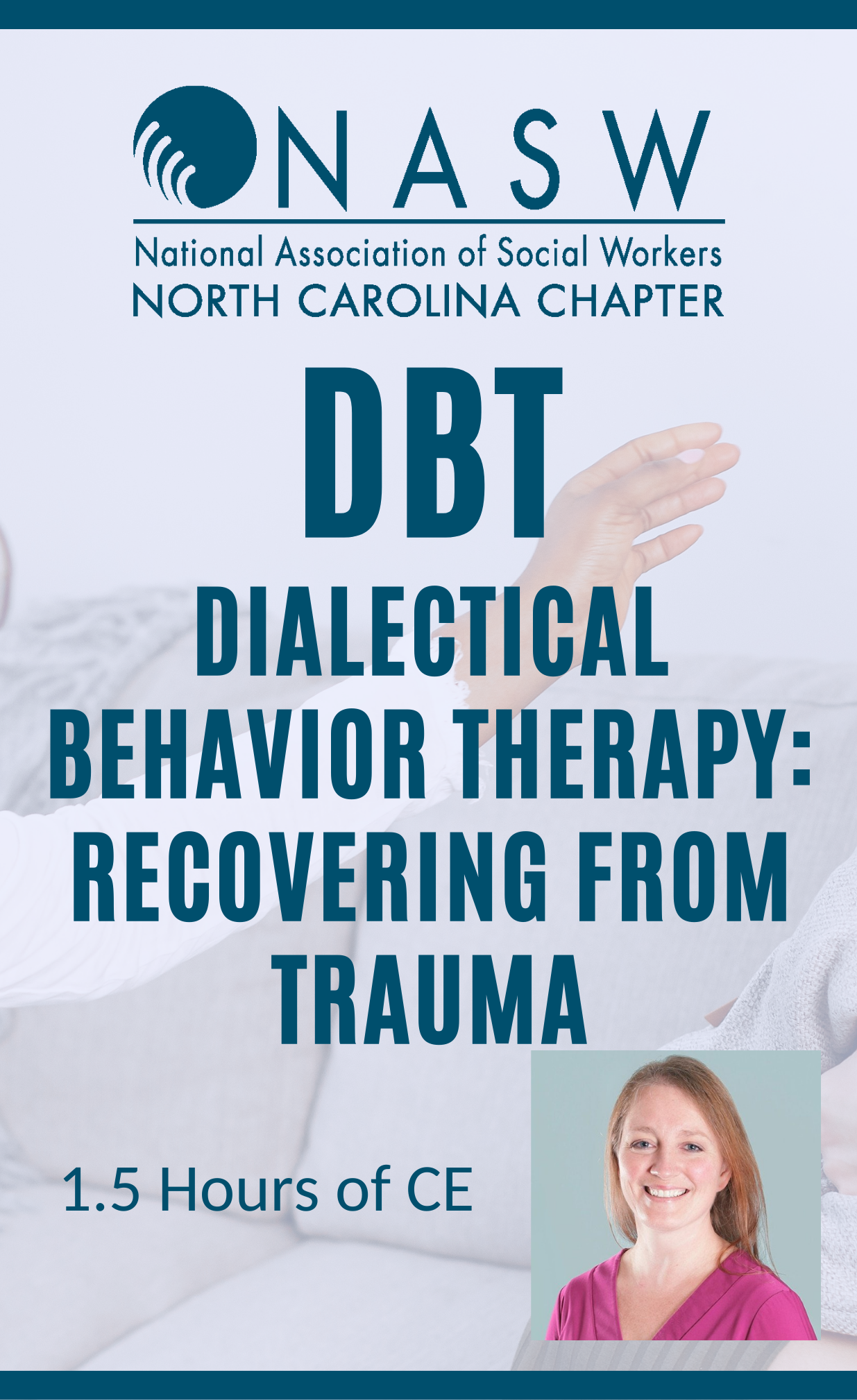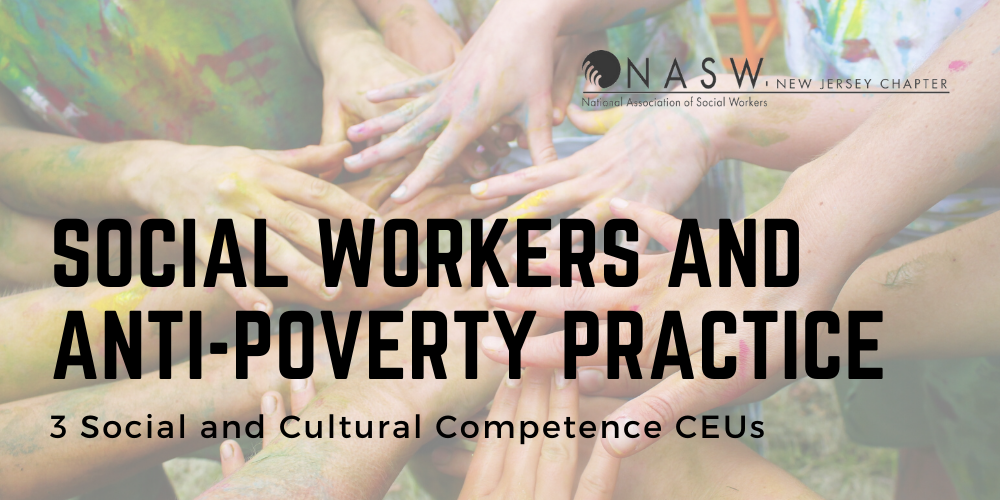
|
Event Date Search
|
Postal Code Search
|
|||||||
|
Speaker Search
|
Credits Search
|
|||||||
|
Use your NASW username and password to log into the Social Work Online CE Institute. Your current registrations are available in your account once you log in. Forgot your NASW Username/password? Click here to reset. If you need to create an NASW account, click here.
NASW courses are generally accepted in all 50 states. If you are unsure whether a course is accepted in your state or fulfills specialty education requirements, please check with your licensing board before purchasing. You must select a location to proceed.
Yes
No
There was a problem adding this course to your account. Please try again in a few minutes. If the problem persists, you can contact our support department at (877) 880-1335.
 Adding Registration, Please wait...
Adding Registration, Please wait...
You must be logged in to perform this action. Log in Cancel
|
|
|










